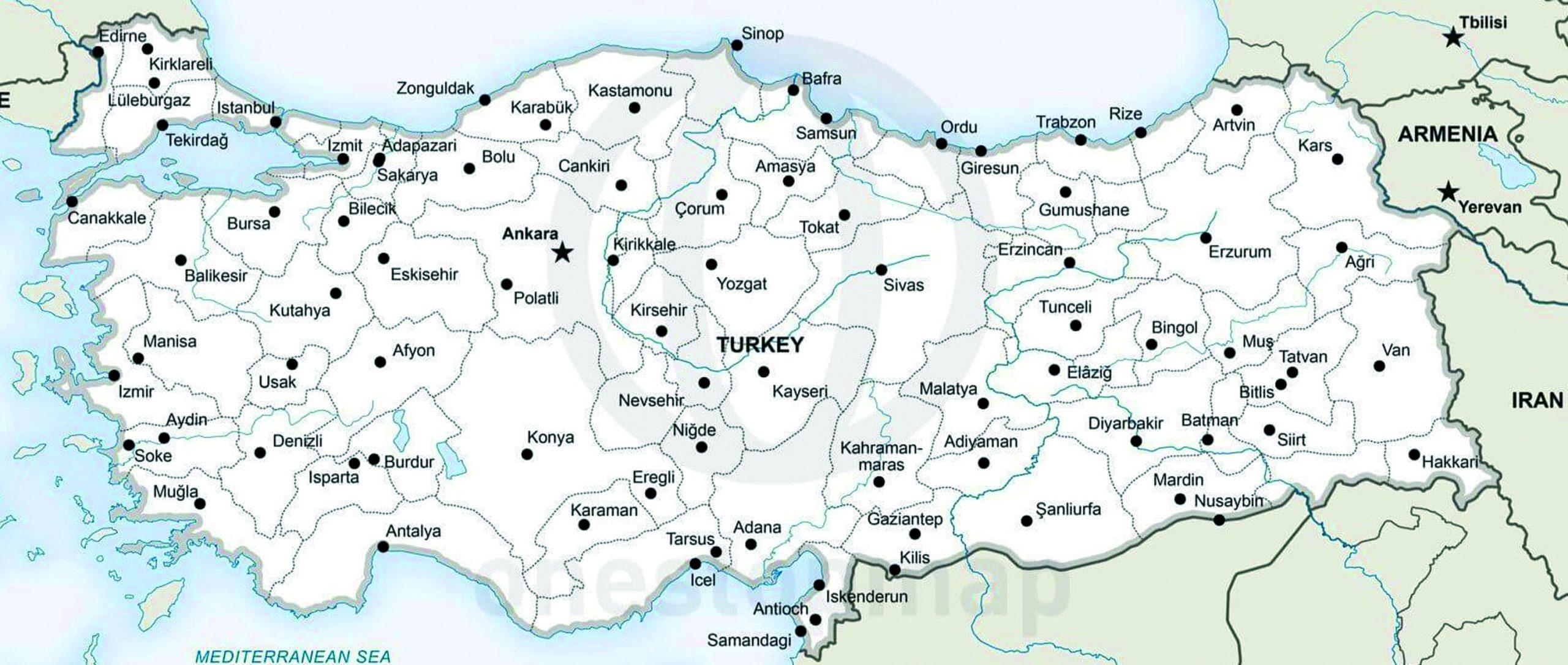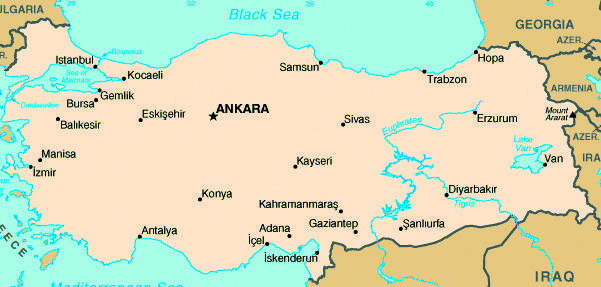ORIENT I 2015: Turkish foreign policy – Iraq, Syria and the Kurds in the region
Purchase the full Issue here:
26,00 € incl. VAT plus Shipping CostsSelect options This product has multiple variants. The options may be chosen on the product page
Access Issue with Subscription:
Editorial
Dear ORIENT readers,
For many years, Turkey adopted a ‘zero problems with neighbours’ foreign policy, with good results. After the outbreak of the rebellion in Syria in 2011 and the following political estrangement between the Ankara and the Asad regime, this policy was confronted by a more complicated reality. The recent events in Syria and Iraq and the impact of ‘ISIS’ have put Turkey in a difficult position. Its NATO allies have called on Ankara to adopt a clear position in regards to this crisis. Turkey, conversely, demands a joint strategy against Damascus before entering into a more active role in fighting ‘ISIS’. Recent developments, however, might have paved the way for another actor in the region: the Kurdish groups. Already in a resourceful position in northern Iraq, the problematic Ankara-PKK peace negotiations, the siege of Kobane and the growing transnational character of the Kurdish groups in the region seem to make them an indispensable player in the future.
This issue of ORIENT focuses on Turkey’s foreign policy regarding the crises in Iraq and Syria, and the role of Kurdish groups therein. Dr. Philip Robins analyses the ‘zero problems with neighbours’ maxim in the history of Turkish foreign policy. Prof. Dr. Raymond Hinnebusch sheds light on Turkish-Syrian relations over the past decade, observing a shift from amity to enmity. This analysis is furthered by Dr. Özlem Tür, who also focuses on the regional implications of this development. Dr. Hasan Kösebalaban brings us back to the inherent conflict between ideals and reality in Turkish foreign policy, while Prof. Dr. Gökhan Bacik delves into the regional implications of a strengthened PKK. Following this, Salih Dogan and Mustafa Demir stress how different dimensions, such as energy politics, have impacted Ankara’s approach to the KRG in Iraq. Finally, Bill Park shows how Turkey’s foreign policy differs for Erbil and Baghdad.
I hope that the current issue provides you with valuable insights and different perspectives on Turkish foreign policy in a region in turmoil. I wish all readers a peaceful and prosperous year in 2015!
Dr. Gunter Mulack
Director of the German Orient-Institute






